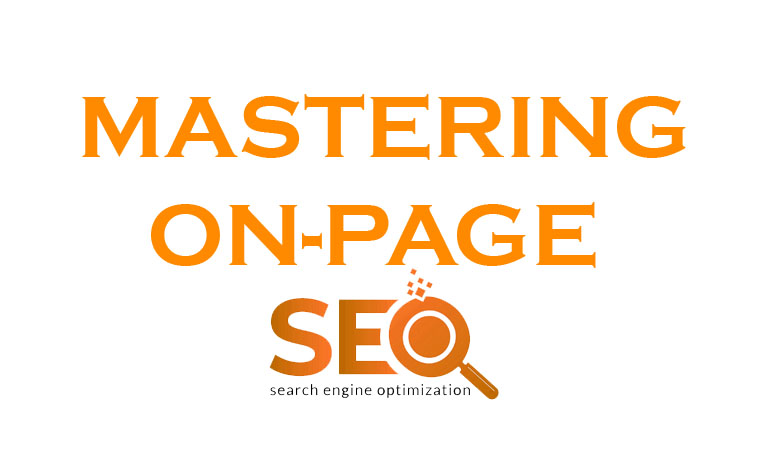Improving website loading speed is essential for providing a good user experience and improving your website’s search engine ranking. Here are some ways to improve your website’s loading speed:

- Optimize images: Large images can slow down your website’s loading time. Optimize images by compressing them without compromising on the quality. Use image formats such as JPEG and PNG, which are smaller in size.
- Minimize HTTP requests: The more HTTP requests your website has to make, the slower it will load. Minimize HTTP requests by combining multiple CSS and JavaScript files into one.
- Enable browser caching: Browser caching allows your website’s pages to load faster for repeat visitors by storing a cached version of your website. This can significantly improve your website’s loading speed.
- Minimize plugins: Too many plugins can slow down your website’s loading speed. Keep only the necessary plugins and delete any unused ones.
- Use a content delivery network (CDN): A CDN stores your website’s content on servers located in different geographic locations, which can improve the loading speed for users located far from your website’s server.
- Optimize your website’s code: Optimize your website’s code by removing any unnecessary whitespace, comments, and code.
- Use a faster hosting provider: Your website’s loading speed can also depend on the hosting provider you use. Choose a reliable hosting provider that offers fast loading times.
- Reduce server response time: Slow server response time can significantly affect your website’s loading speed. Minimize server response time by using a high-quality hosting provider, optimizing your website’s code, and reducing the number of HTTP requests.
- Use a lightweight theme: The theme you use can also affect your website’s loading speed. Choose a lightweight theme that has minimal code and fewer HTTP requests.
- Minimize external scripts: External scripts, such as social media widgets and ads, can slow down your website’s loading speed. Minimize external scripts by limiting the number of widgets and ads you use.
- Optimize your database: Your website’s database can become cluttered over time, which can slow down your website’s loading speed. Optimize your database by removing any unused data and optimizing your database tables.
- Use lazy loading: Lazy loading allows your website’s images and videos to load only when they are in view, rather than all at once. This can significantly improve your website’s loading speed.
- Regularly update your website: Regularly updating your website’s content and software can also improve your website’s loading speed. Updates can fix any bugs and optimize your website’s code.
By following these tips, you can significantly improve your website’s loading speed, providing a better user experience and potentially boosting your website’s search engine ranking.


